How to grow lemon from seed
Discover how to grow lemon from seed and you can fill your home, conservatory or garden room with beautiful lemon trees

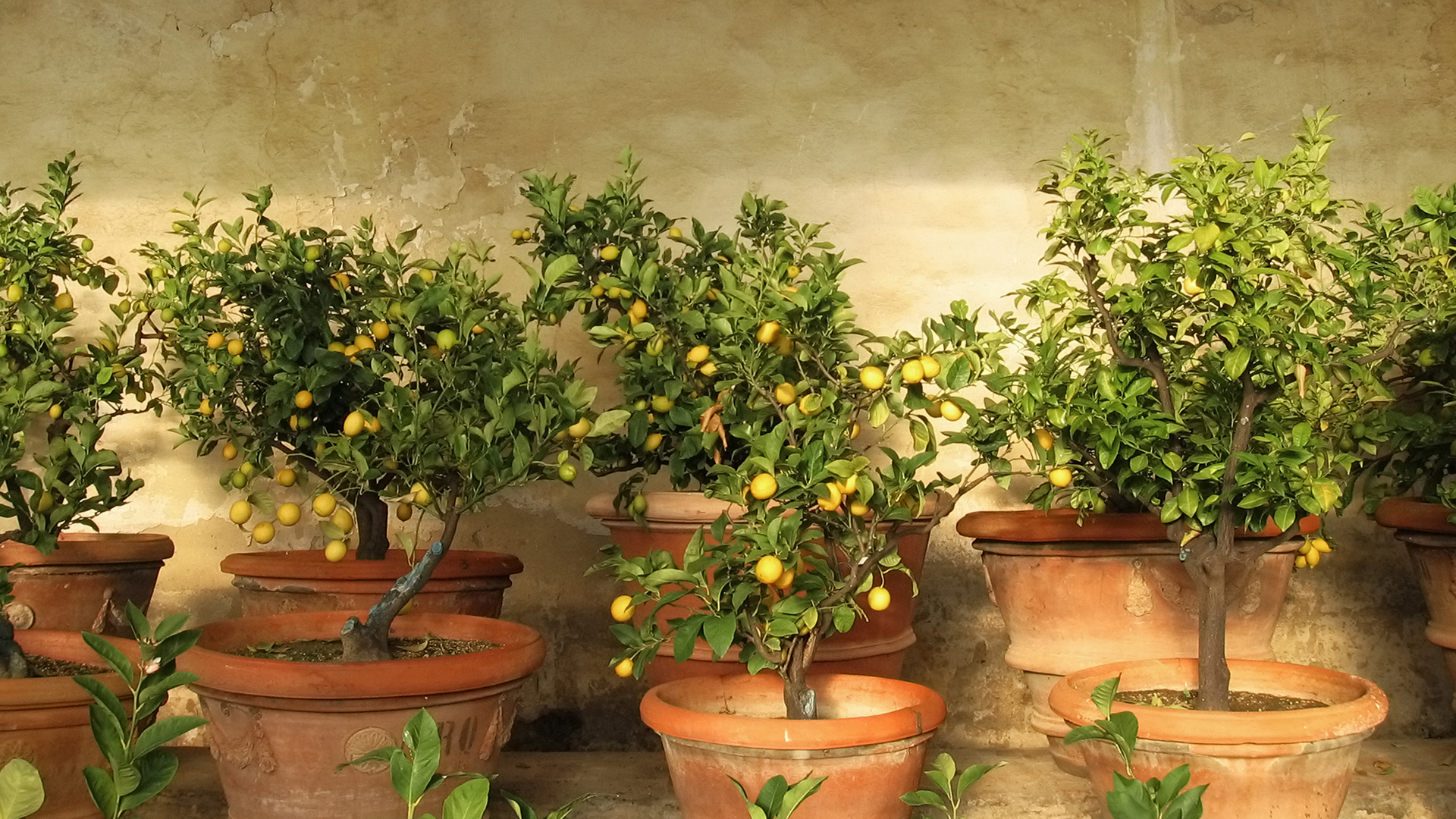
Design expertise in your inbox – from inspiring decorating ideas and beautiful celebrity homes to practical gardening advice and shopping round-ups.
You are now subscribed
Your newsletter sign-up was successful
Want to add more newsletters?

Twice a week
Homes&Gardens
The ultimate interior design resource from the world's leading experts - discover inspiring decorating ideas, color scheming know-how, garden inspiration and shopping expertise.

Once a week
In The Loop from Next In Design
Members of the Next in Design Circle will receive In the Loop, our weekly email filled with trade news, names to know and spotlight moments. Together we’re building a brighter design future.

Twice a week
Cucina
Whether you’re passionate about hosting exquisite dinners, experimenting with culinary trends, or perfecting your kitchen's design with timeless elegance and innovative functionality, this newsletter is here to inspire
So you want to learn how to grow lemon from seed? Before you start, you need to think about what you want from the plant.
If you want to grow a beautiful lemon tree whether for the garden, the patio or as a houseplant with interesting greenery that has an enchanting lemony scent, then read on to find out how to grow a lemon tree from seed.
'Citrus plants, like lemons, are excellent additions to conservatories and orangeries. As well as providing the ideal climate for the plants to thrive, they also lend the space a Mediterranean flair,' says Melanie Griffiths, editor of Period Living.
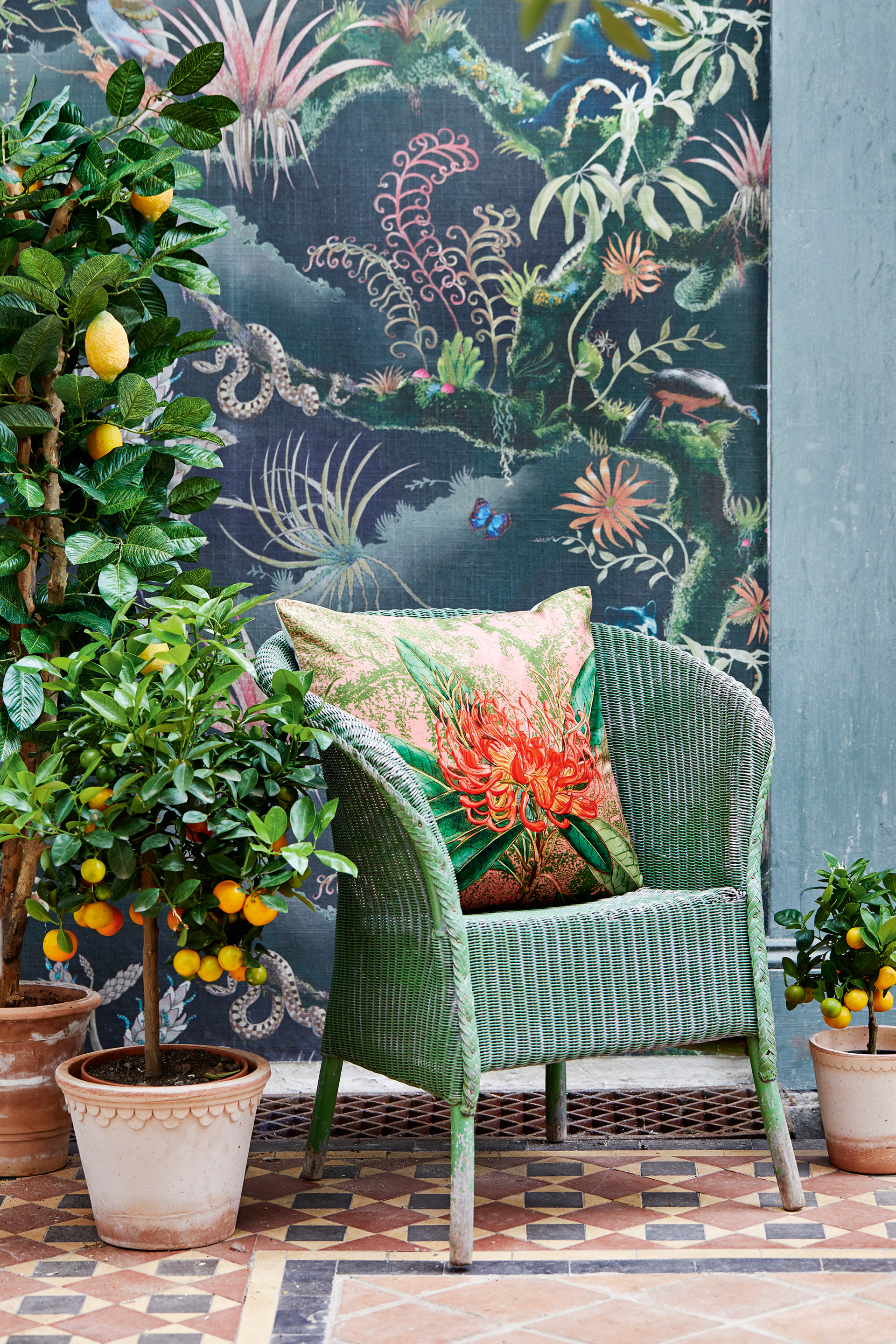
How to grow lemons
If you want to harvest your own citrus fruit, then growing a lemon tree from seed is not the best option. This is because the seeds do not necessarily reflect the parent plant. Of course, you may strike lucky and your lemon tree will produce deliciously tangy yellow lemons.
But since it takes an average of five years for a lemon tree grown from seed to produce fruit – it’s definitely a high stakes gamble if you're desperate to lemons to eat.
In this case, your best course of action is to grow your lemon tree from an established plant bought at a garden centre. These have either been grafted or grown from cuttings which mean they will replicate their fruit producing parent plant.
While this is a more expensive option, the average lemon tree can last up to 50 years and will produce fruit for nearly all that time once they reach full size. Alternatively, if you know someone with a lemon tree that produces good fruit, ask if you can take a cutting.
Design expertise in your inbox – from inspiring decorating ideas and beautiful celebrity homes to practical gardening advice and shopping round-ups.
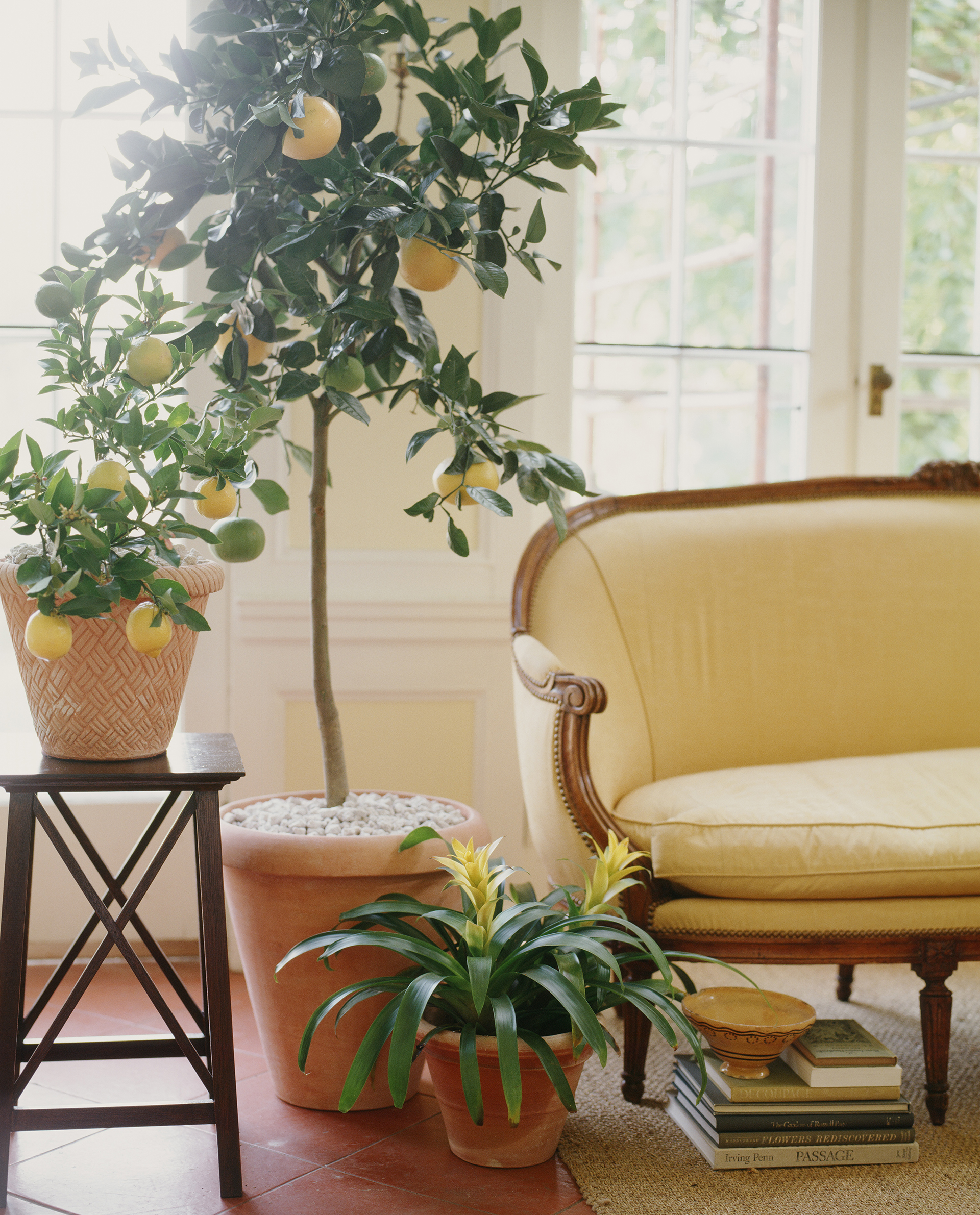
How to grow lemon from seed
Learning how to grow lemon from seed is an easy and affordable way to fill your home with beautiful lemon trees. So long as you have a lemon with pips, a pot of soil and a warm, light windowsill then you are good to go.
'Ideally sow the pips in April, but any time of year is possible,' advises Holly Farrell in her book Plants from Pips.
- Cut your lemon in half on a chopping board and remove the pips. Discard any small, shrivelled or sliced pips as these won't germinate.
- Then place the remaining pips in a glass of water to see if they're viable. If they sink they are good to plant but if they float then they probably won't germinate.
- Since these lemons have not been bred to produce new plants and have instead been grown for their taste, you'll want to plant at least 5 seeds to give you the best chances of successful germination.
- Having removed the seeds from the water, you now need to remove the slimy coating from the pips. This coating contains sugars which encourage rot and decay if planted. Usually this would be dissolved by the acid in the lemon as it decomposes but that takes a long time. Instead there are several ways to accelerate this process.
- Remove the coating by washing the pip under the tap or you can simply put the seed in your mouth and suck on it until the lemon flavor has gone - this is reportedly the easiest and quickest way to ensure all the coating has disappeared.
- Alternatively, you can remove the white shell from the seed. This is a little more fiddly and you have to be careful not to damage the seed inside. Use a craft knife to create a small nick that lets you peel the shell off.
- Do not allow the seed to dry out at any time, it needs to stay moist in order to germinate. If you are not planting immediately, then keep in a glass of water or wrapped in a wet paper towel until you're ready to plant.
- Pick a small pot with lots of drainage, terracotta is a good choice as it allows moisture to leave the pot through the walls. This will help prevent root rot. Fill the pot with citrus compost - ideally a variety that includes sharp grit.
- Pre-moisten the soil and then plant the seeds 1/2 inch deep.
- Place in a warm location, like a windowsill and be sure that the soil never completely dries out.
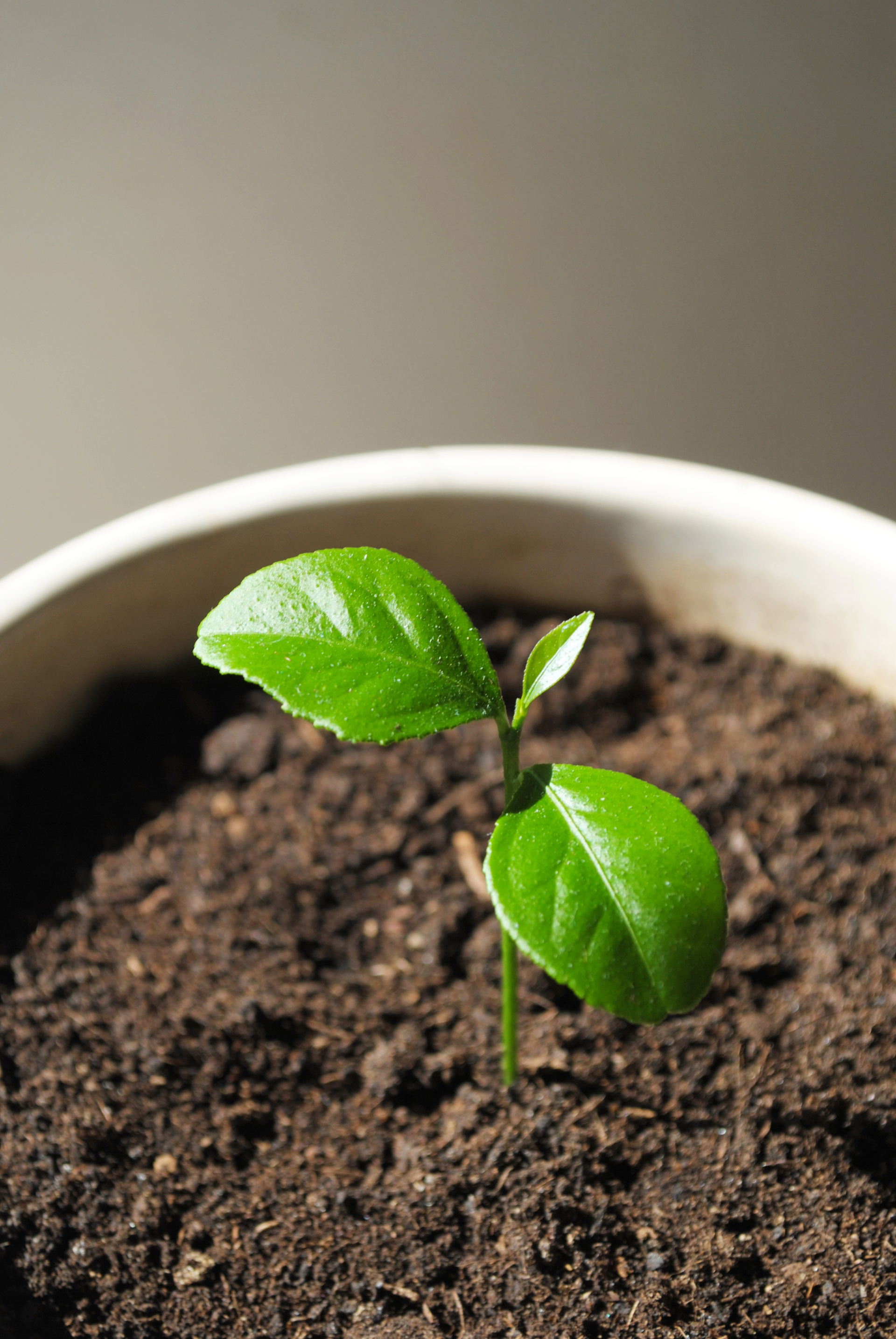
Can you germinate lemon seeds in paper towel?
Yes, you can germinate lemon seeds in a paper towel and it's pretty easy to do.
- Remove the white shell from the seed in the same way as outline above.
- Position the seeds about 1/2 an inch apart on a paper towel and carefully cover with another sheet.
- Wrap the ends of the paper towels so that they are folded underneath to create a little parcel.
- Spray the paper towel parcel until its wet and then seal in a ziploc bag - be sure to keep air in the bag.
- Place in a warm dark space and check on them daily so they don't dry out. If they start to look dry, spray the paper towel parcel with more water.
- Once sprouted open the paper towel parcel.
- Once they have grown to 1.5 inches long. Fill a terracotta pot with citrus compost and plant the germinated seeds in the soil.
- Move the pot to a warm sunny location - like a windowsill - so your seedlings can continue to grow.

How long does it take to grow a lemon tree from seed?
It takes around three to six years to grow a mature lemon tree from seed, with fruit starting to be produced at around year five. However, it only takes a few months to get a small lemon tree that will look pretty in a pot in your home.
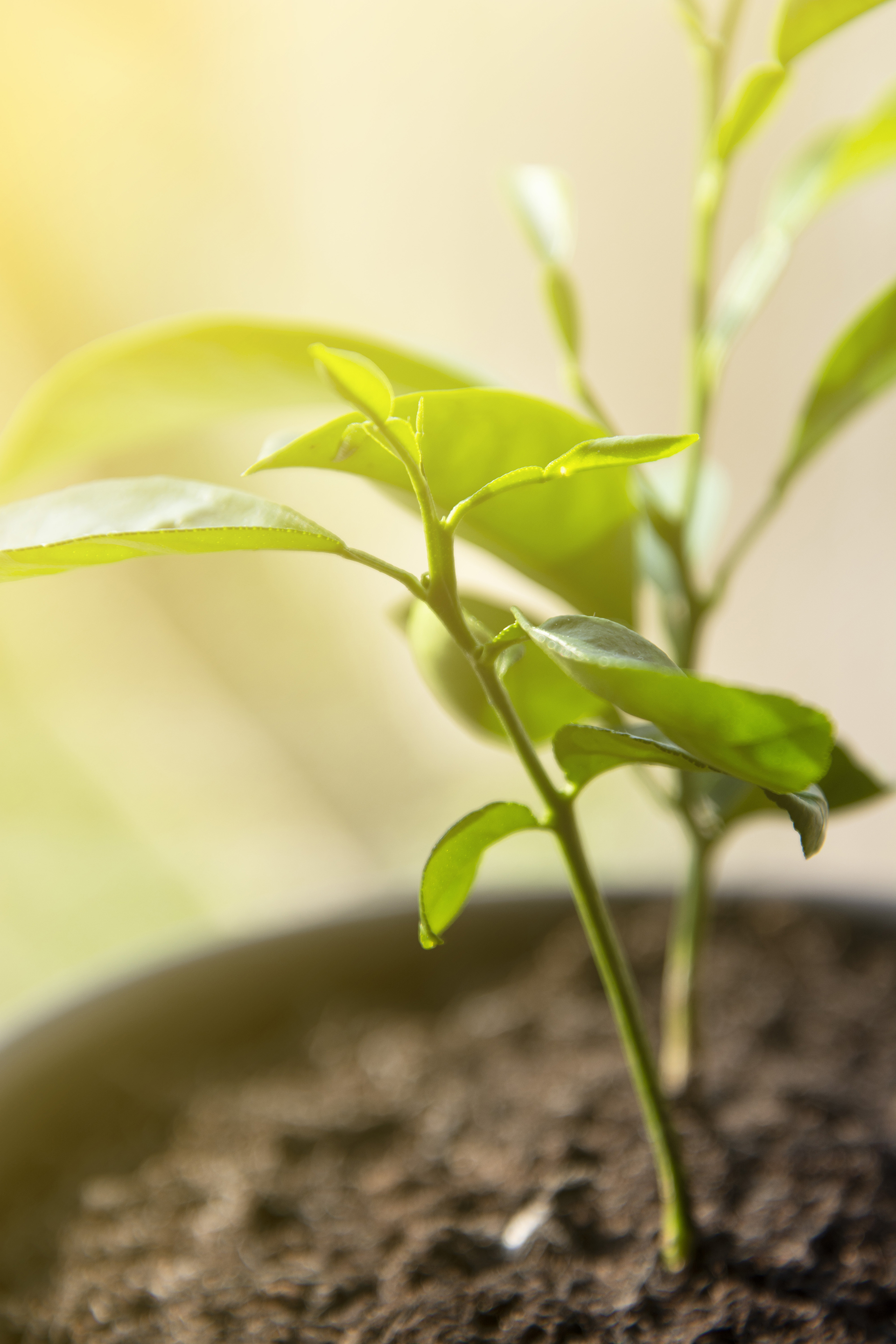
Can you plant lemon seeds from a store bought lemon?
Yes, you can plant lemon seeds from a store bought lemon. It is, however, worth bearing in mind that not all store bought lemons will have seeds, or viable seeds. You will also have a higher chance of germination if you buy an organic lemon as they won't have been subjected to the same pesticides and fertilisers so the seeds inside are more likely to be viable.
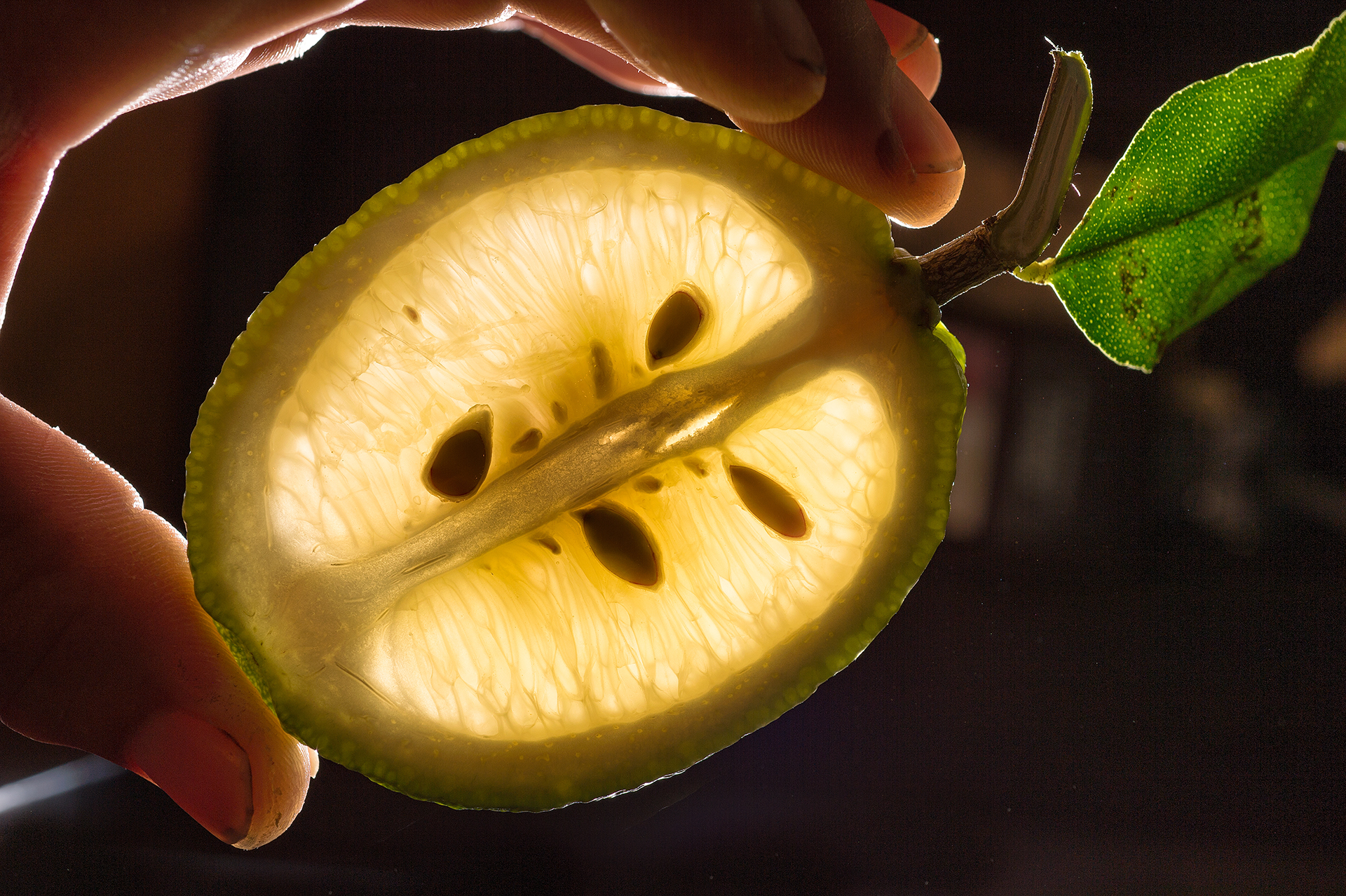
Will dry lemon seeds germinate?
No, dry lemon seeds will not germinate. You are best planting the seed as soon as possible after harvesting the pips from the fruit. If you need to wait, however, you can put the seeds in a glass of water overnight and then plant the following day.
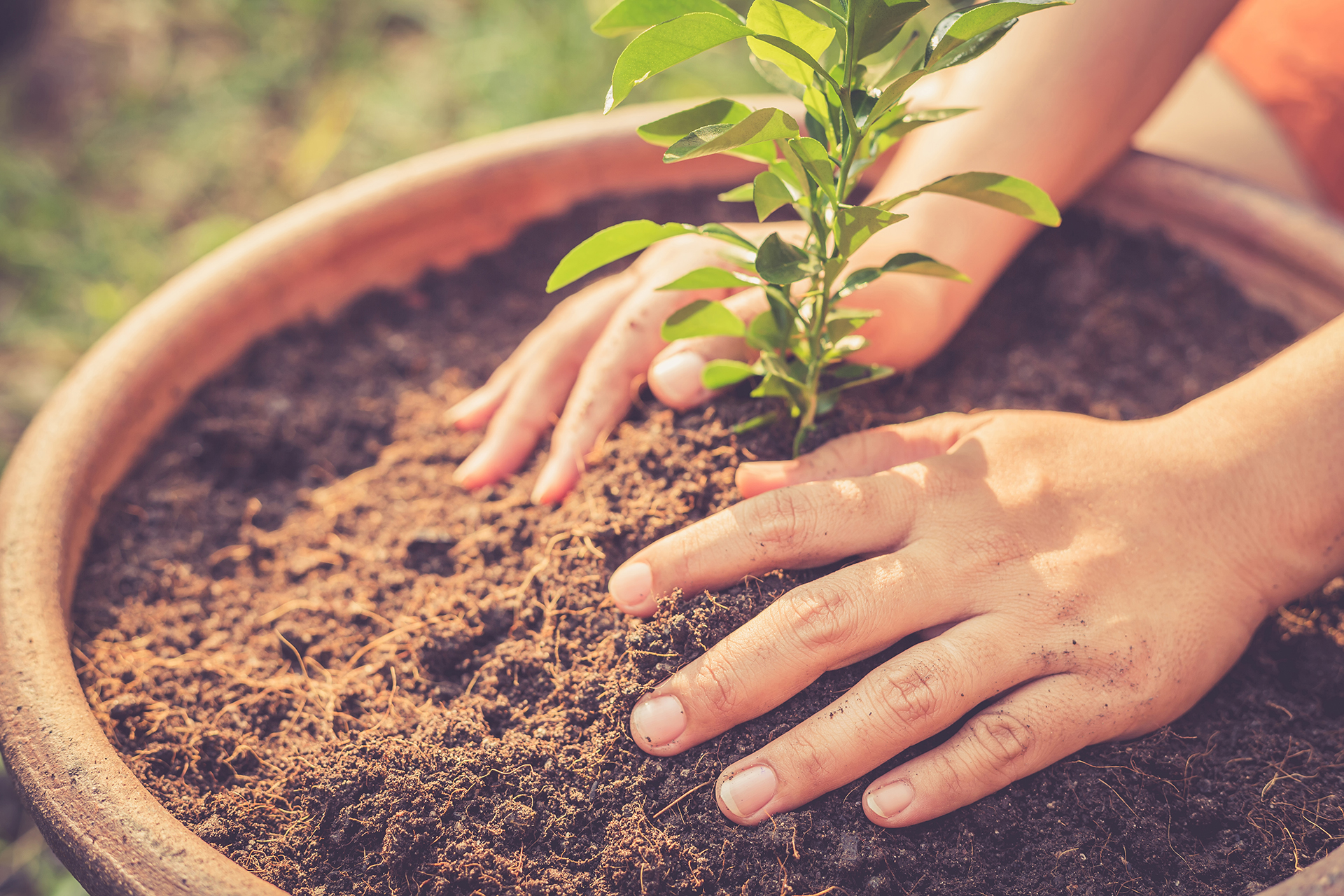
Should I grow my lemon tree in the ground or in a container?
Unless you live in a place with very warm temperatures all year around and no risk of frost, then you should grow your lemon trees in containers rather than in the ground.
'Containers are ideal for tender plants like citrus (e.g. lemon) that live outside in summer, and come back indoors for winter,' says Homes & Gardens' garden expert Teresa Conway. 'Make a feature of your container displays in summer, grouping your pots prominently on the patio or deck. Remember to bring them inside before the first frosts in late autumn.'
This feature was created by H&G's sister brand, Period Living magazine
Subscribe to Period Living for more inspiration
Period Living is the UK's best-selling period homes magazine. A subscription provides you with all you need to know about caring for and improving a traditional house and garden.

Having graduated with a first class degree in English Literature, Holly started her career as a features writer and sub-editor at Period Living magazine, Homes & Gardens' sister title. Working on Period Living brought with it insight into the complexities of owning and caring for period homes, from interior decorating through to choosing the right windows and the challenges of extending. This has led to a passion for traditional interiors, particularly the country-look. Writing for the Homes & Gardens website as a content editor, alongside regular features for Period Living and Country Homes & Interiors magazines, has enabled her to broaden her writing to incorporate her interests in gardening, wildlife and nature.
